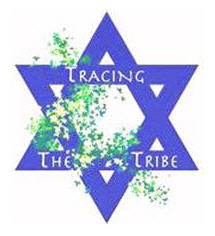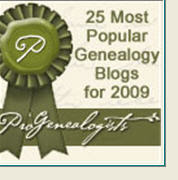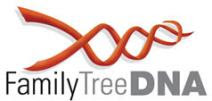I wrote about my maternal great-grandmother Riva Bank recently, but I shouldn't stop there. Equal time is due my husband's eldest aunt, Nane-jan.
Nane-jan was born in the 1890s to Yaqub ben Israel Dardashti and Khorshid Penhas-Kashi in the mahalleh (Jewish ghetto) in Tehran. Yaqub, a butcher, and Khorshid had six daughters and then three sons - one was my husband's father. In those days, girls were expected to stay home, help their mothers and wait to get married. Only boys went to school.
Fortunately, the Paris-based Alliance Israélite Universelle opened two schools in the Jewish neighborhood. The boys' school opened first, and then the girls' school in 1902. As soon as the second school opened, the enlightened Yaqub enrolled Nane-jan and then the other girls as they came of age.
Nane-jan was the first Jewish girl to go to school in Tehran, and the community just wasn't ready for this modern idea. "Why," some in the community asked Yaqub, "was he setting such a bad example for the other families?" It was simple, he told them. With many daughters to feed and dowries to provide, the girls needed to be educated.
People stopped buying from her father and she was harassed every day on her way to school. An Armenian friend finally gave her some clothes to wear - it was acceptable for Christian girls to attend school - and she was then able to walk to school unmolested. All her sisters went to school; several became French teachers there. Her brothers attended the boys' school.
Nane-jan sold jewelry to the women in the Shah's harem. Men couldn't enter; women were the go-betweens. There was also a family connection to the harem. The beautiful daughter of Moshe, Yaqub's brother, had been kidnapped into the harem much earlier - a not-uncommon occurrence - and it is likely that Nane-jan knew the woman or her daughters, but we have no proof.
I met Nane-jan in 1970 when we moved to Tehran. This tiny woman, already quite ancient with snow-white hair and blue eyes, was delightful. She would sit and talk to me in French - after all, the only foreigners she knew were French, so it stood to reason that all foreigners spoke French. I learned Farsi faster than French and it confused her that I never spoke French and insisted on speaking Farsi. She knew the family history, the juicy scandals and more.
Nane-jan told me about some family branches that had become Muslim long ago for various reasons (second wives who were Muslim and their children, or those who took advantage of the law allowing Muslims to take possession of their Jewish relatives' assets, and thus they converted for financial reasons).
She recalled childhood holiday celebrations where the Muslim cousins would visit her parents' home. She always exhorted me to find them, to tell them that they had aunts, uncles and cousins who remembered them and loved them.
For some reason, she thought this quest would appeal to me. She knew me better than I knew myself. Decades later, long after her death in Israel at over 100 years of age, I was able to find some of them.
How much of my genealogy interest is due to Nane-jan? I'm not sure, but I credit her with lighting the spark of imagination. I never forgot her stories and, of course, I regret I didn't ask the questions I now have - she knew all the answers.
14 May 2007
Subscribe to:
Post Comments (Atom)





































No comments:
Post a Comment